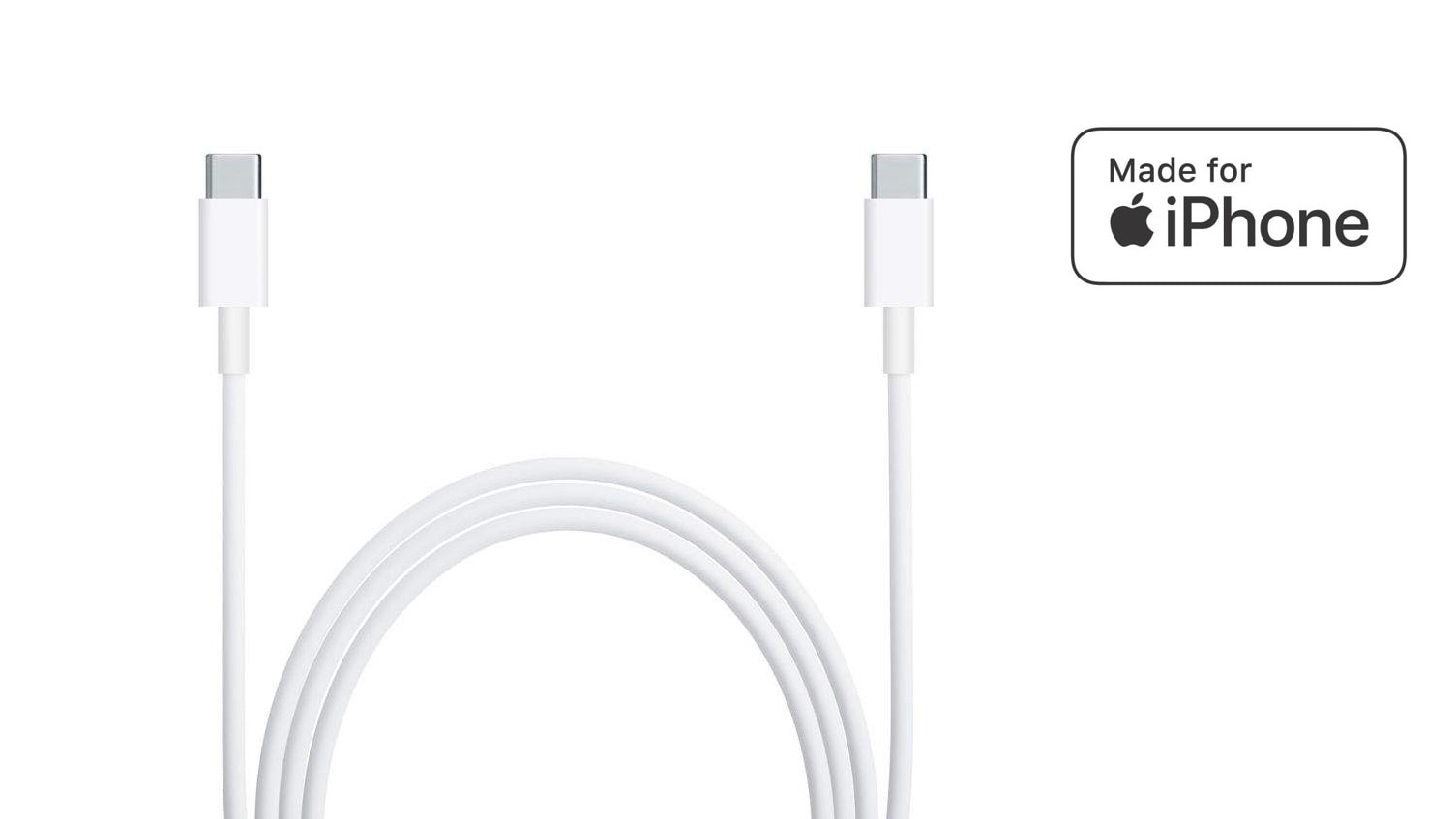USB-C is finally coming to the iPhone, but there are rumors and speculation that only Apple-approved cables will be able to charge the device. Realistically, though, there’s no way Apple would be allowed to get away with that.
The European Union is forcing Apple to drop the Lightning port, and would surely squash attempts to make USB-C into anything but a universal standard. That’s if Apple is even trying to do that, which is questionable.
EU wants consumer convenience and less waste
Apple is not voluntarily giving up the iPhone’s Lightning port. The EU will soon block the release of phones that don’t include USB-C, and that’s forcing Apple to switch. The iPhone-maker says it will comply, and an unconfirmed report says the change will happen in iPhone 15 this autumn.
But there’s a wrinkle. According to another unconfirmed report, Apple will include USB-C cables and chargers in its MFi Program. That set off speculation that cables that don’t bear MFi certification wouldn’t work with iPhone. The theory is there’ll need to be a chip in the cable that authenticates it to the handset.
Just so there’s no confusion, MFi isn’t new. It’s been around since the days of iPod, and the program includes HomeKit, AirPlay, Find My, CarPlay and more.
But the report of MFi for USB-C cables is sketchy. So the speculation that off-the-shelf USB-C cables won’t be compatible with iPhone doesn’t have a firm grounding.
And even if Apple really is going to try this, the EU will surely block it. Its regulation lays out that the purpose of switching to USB-C is to “achieve the smooth functioning of the internal market, while ensuring consumer convenience and reducing environmental waste.” It certainly won’t be convenient for consumers to discover that the USB-C cable from a Samsung Galaxy won’t charge an iPhone. And these cables will be thrown away as useless to the iPhone users, increasing environmental waste.
MFi brings faster charging? Maybe.
There are a couple of other possibilities, however. Third-party USB-C cables with MFi certification might be capable of faster charging. An off-the-shelf cable would still be able to juice up the handset, but not at the maximum speed. It’s not clear whether the EU would permit that, though. Its directive has not yet been implemented, and won’t be until the end of 2024.
Alternatively, MFi certification might be used simply as a “seal of approval.” Cable-makers could pay Apple to get the MFi logo, and consumers would know that means the product meets certain limited quality standards. There are a lot of cheap, semi-functional USB-C cables on the market — buyer beware.
Apple has earned some credit
As noted, the whole basis for thinking that only special cables will be able to charge the USB-C iPhone is built on a very shaky foundation.
And Apple has integrated USB-C into its products for many years. (Apple might have even invented the format.) No MacBook, iPad, etc., has ever required special USB-C cables to function. There’s little or no credible evidence that’s about to change.


